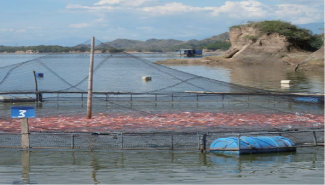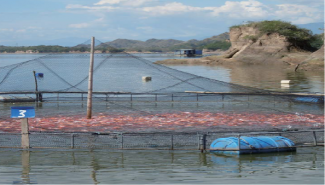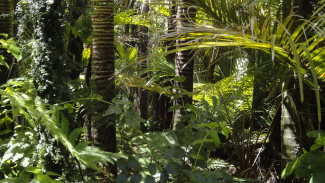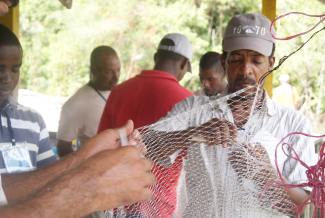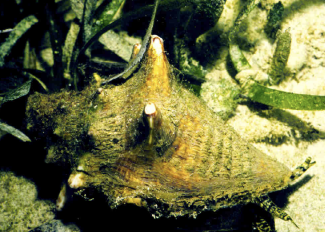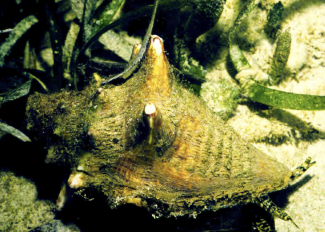FILTER
Displaying 1 - 10 of 13 publications
Questions: 1. Is tilapia production in Huila a sustainable endeavor from the Triple Bottom Line (Economic, Social, Environmental) perspective? 2. Are there any significant differences in…
| Research Brief | ColombiaAbstract Reaching a production level of 200,000 tons (live weight) in 2022, the tilapia industry has emerged as the most important finfish farming sector in Colombia. Located in the southwest of the…
| EfD Discussion Paper | ColombiaAbstract Global change has led to significant impacts on ecosystem services, posing a threat to the livelihoods of local communities worldwide. It is essential to assess these services to integrate…
| Peer Reviewed | ColombiaAbstract Sustainable Forest Management (SFM) is based on a rational planning process for forest supply and norms and regulations for the protection and sustainability of natural forests. In Colombia…
| EfD Discussion Paper | ColombiaAbstract This paper analyzes the extent to which two factors—social networks and the severity of the scarcity of a common property resource—affect norm-complying behavior that favors cooperation. It…
| Peer Reviewed | ColombiaAbstract A bioeconomic model was developed to examine optimal exploitation strategies for the queen conch (Aliger gigas) resource in the Colombian Caribbean. The analysis revealed that ecological and…
| EfD Discussion Paper | ColombiaThe triple-bottom-line (TBL) approach defines successful fisheries as those which are ecologically sustainable, capable of generating profits to fishermen, and socially accepted. This approach has…
| Research Brief | ColombiaAbstract This study compares the performance of the industrial deep-sea shrimp trawl fishery in the Colombian Pacific prior to (year 2012) and following (year 2018) important management reforms (2013…
| Peer Reviewed | ColombiaThis study compares the performance of the industrial deep-sea shrimp fishery in the Colombian Pacific prior to and following important management reforms aligned with the FAO Code of Conduct for…
| EfD Discussion Paper | Colombia